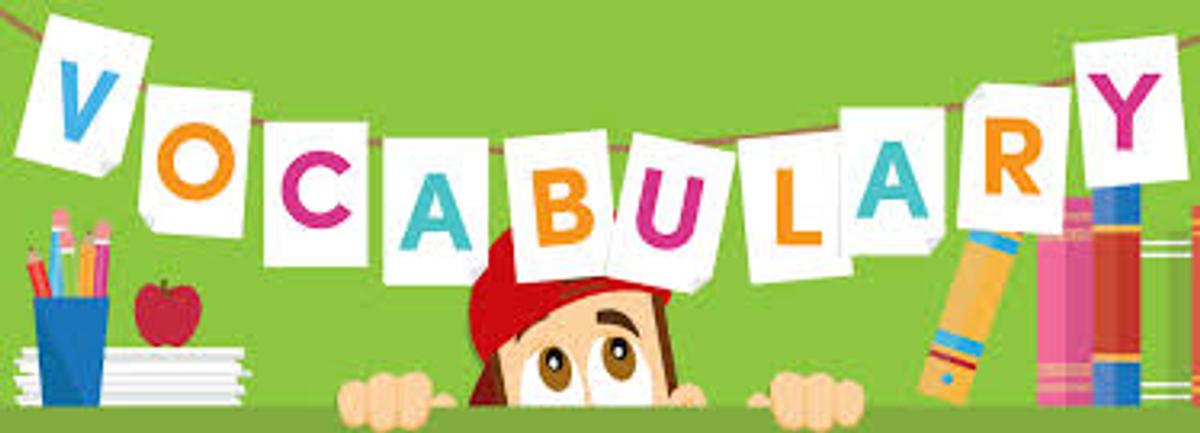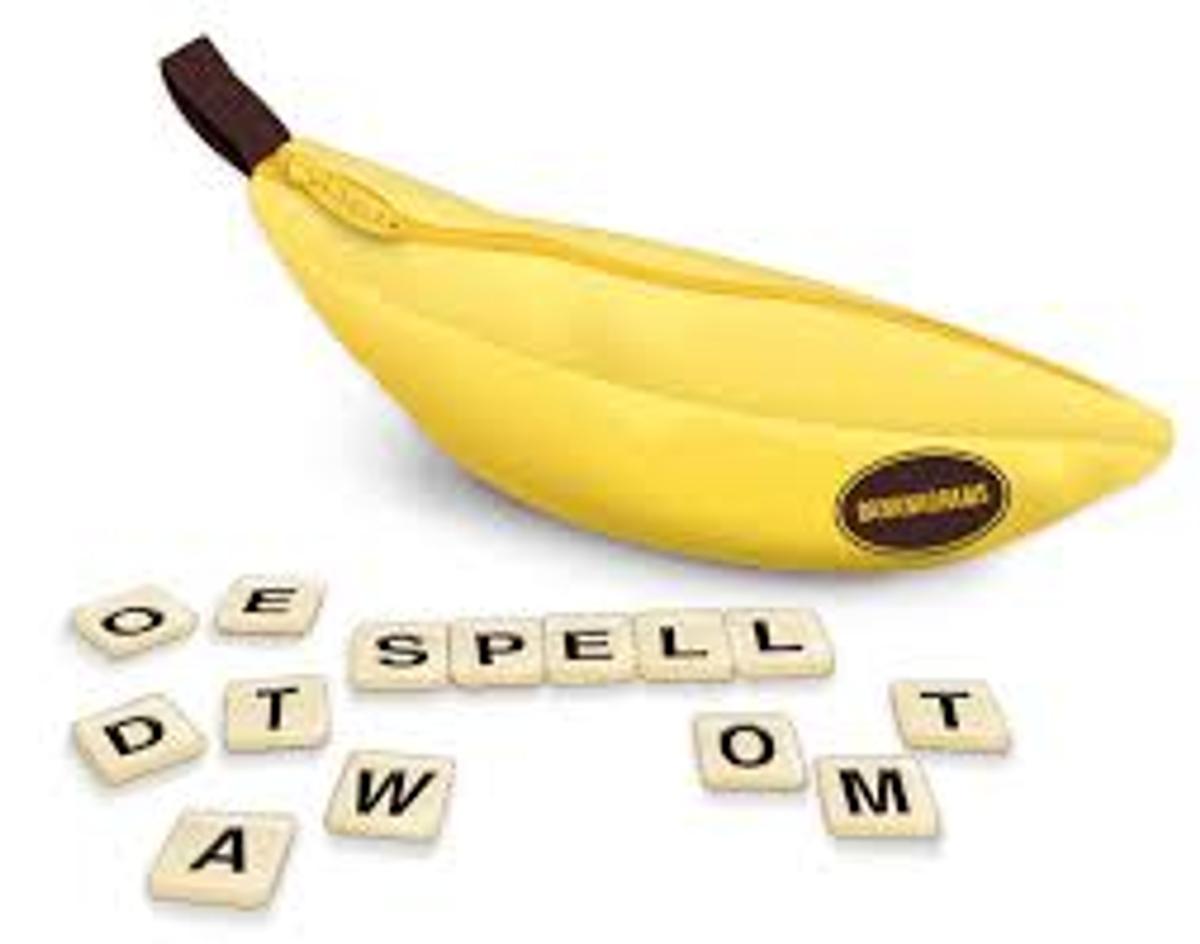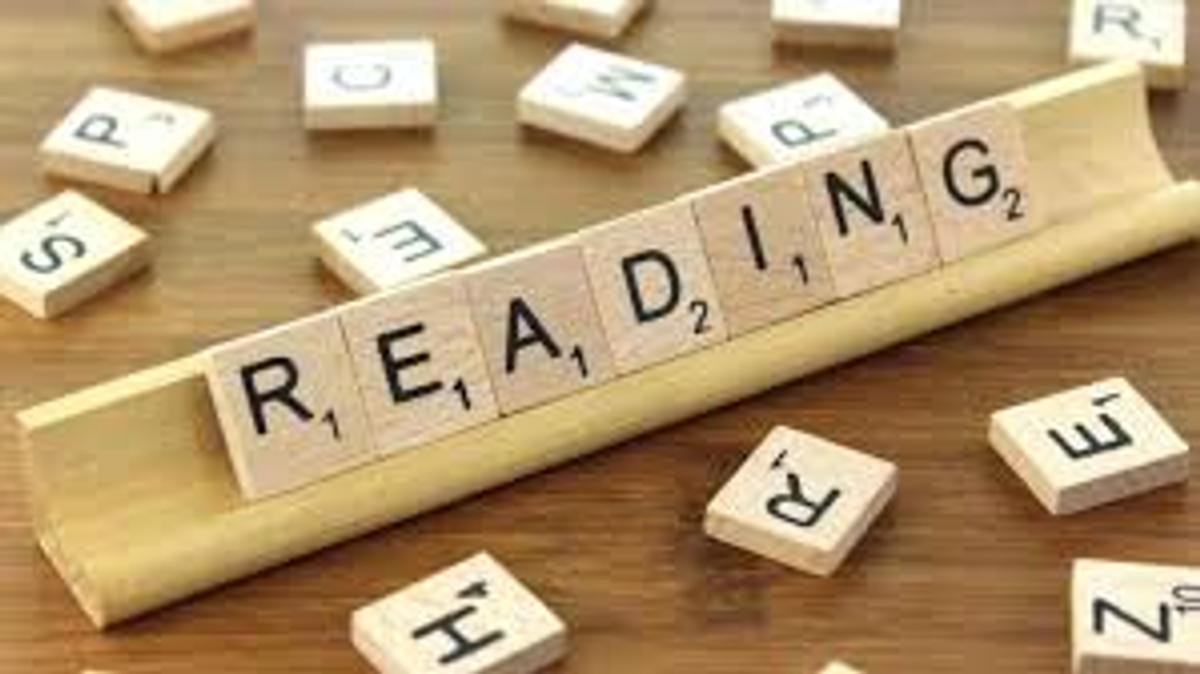Your child’s vocabulary development has a great impact on their ability to read and make meaning of texts. Vocabulary is an important part of both decoding and comprehension that is necessary for learning to read. Children use the words they know to make sense of what they see in print. Research has shown that one main difference between effective and less effective readers is the amount of words they know and use.
When it comes to writing, the research behind Big Write is “if children can’t say it they can’t write it.”
Here are some suggestions to help with your child’s vocabulary building.
- Provide your child with experiences, explain everyday activities using vocabulary associated with those activities.
- Talk to your child about what you see. Have meaningful conversations and encourage family discussions
- Encourage your child to read. A great deal of vocabulary can be learned from reading. Even children who read everyday outside of school see a great increase in vocabulary.
(remember to fill in their nightly reading sheet)
- Play games that involve vocabulary, such as Scrabble, Crosswords, or Charades. These are fun activities that the whole family can enjoy.
- Parents can be “language models” for children. Create an environment that enriches what a child hears by modeling spoken language.
How does reading and talking build vocabulary?
Children learn vocabulary incidentally and directly. The best way to build vocabulary is to READ and TALK with your child.
Research studies have concluded :
- Children gain the meanings of most words through everyday experiences.
- Some vocabulary should be taught— ask your child, “Do you know what this means?”
- Instruction should center on important words, useful words, and difficult words.
- Reading daily can improve vocabulary growth.
Some other strategies to try at home
- Order magazine subscriptions
- Talk about daily tasks like household chores, use specific words
- Attach words to household objects
- Provide your child with daily reading time
- Purchase an age appropriate dictionary
- Choose books that have a strong sense of rhythm and repetition
- Make up and play word games
- Play games where your child is required to organise words into categories






